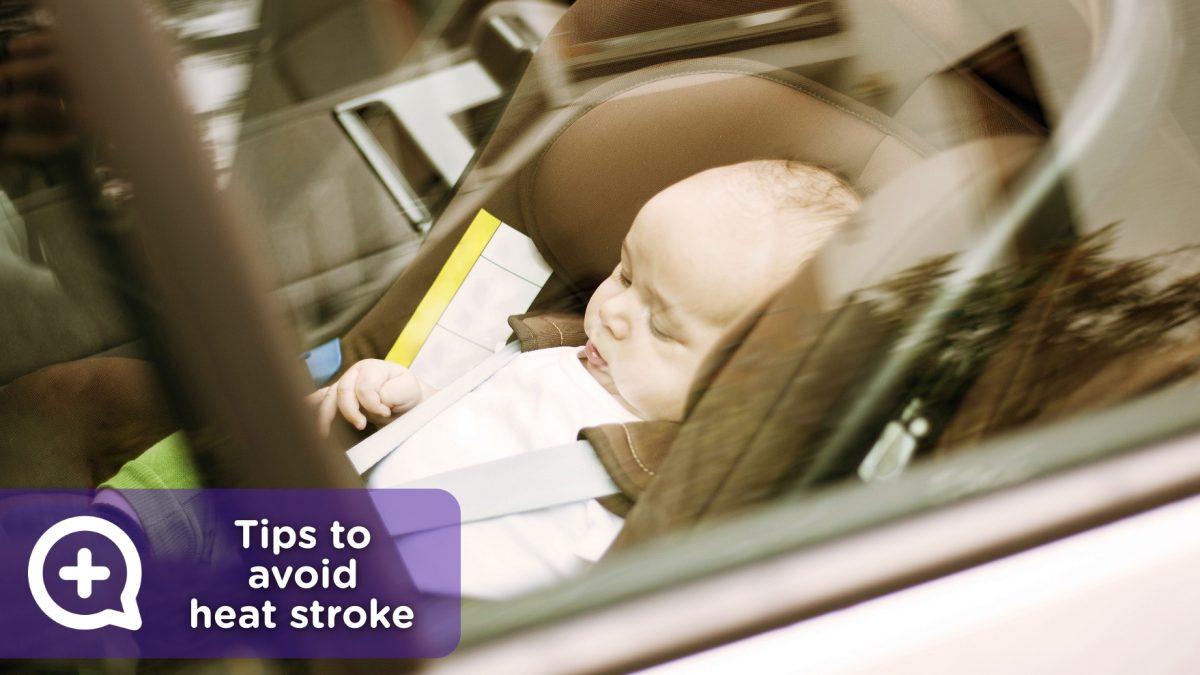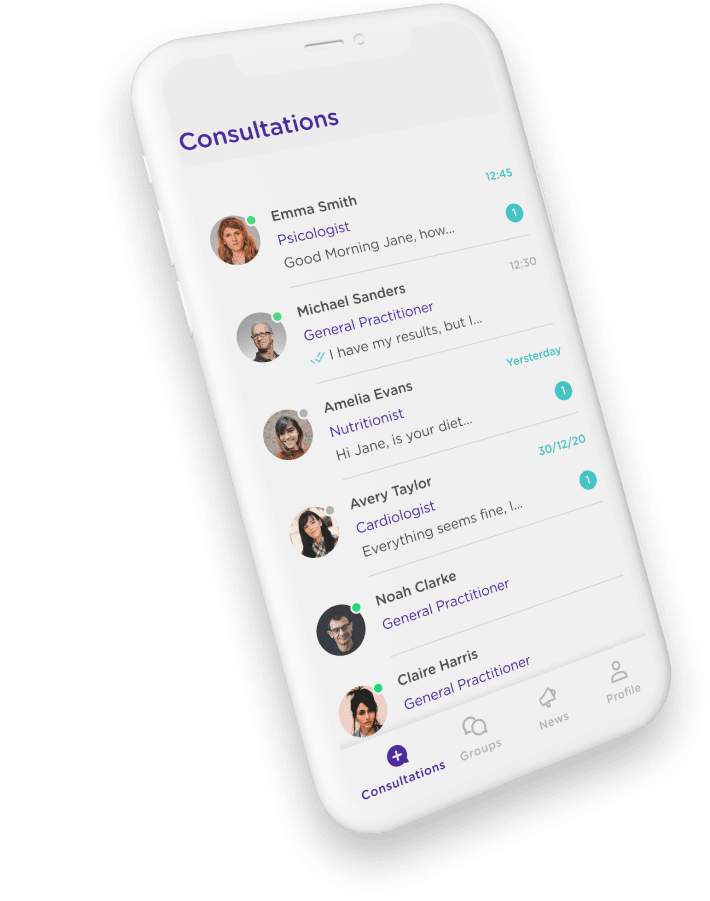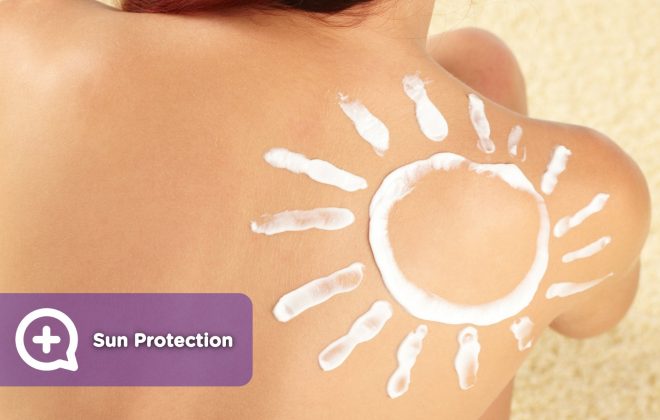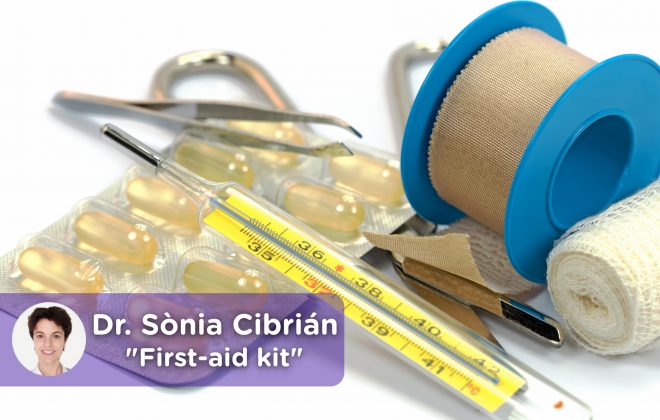Do you know how to protect yourself from heat stroke?
You are on the beach, the mountain, or traveling visiting another city. You have been walking all day or you are inside the car without air conditioning in the worst hours of the day, sweating- it is normal, it’s summer. You are tired and you begin to get a terrible headache. Be very careful with this! These are symptoms of heat stroke.
Heat stroke results from being exposed to high temperatures, whether they are in the sun or not. It happens when there is an excess of heat in our body and we are not able to evaporate it to maintain the normal body temperature (around 37 degrees Celsius).
How do I avoid heat stroke?
One of the false myths, which causes people to not adequately protect themselves, is that sunscreen alone is enough to protect ourselves from heat stroke. Sunscreen is great for avoiding burns, but even if we use a lot of it, it will not protect us from excessive heat.
The most effective methods to prevent heat stroke are:
- Wear light clothing and cover your head with a hat.
- Drink frequently and avoid hot infusions.
- Eat lots of fruits and vegetables and avoid hearty meals.
- Avoid sun exposure between 11 am and 4 pm.
- If you are walking or exercising, take breaks often and look for shade.
- Monitor babies, children, pregnant women and the elderly: make sure they wear fresh clothes, make them drink even if they are not thirsty, avoid them staying in the sun or inside of stopped vehicles (not even 5 minutes), etc. They are more prone to heat stroke and may not notice the first symptoms.
And if it happens?
Whether it happens to you or to someone in your environment, it is important to know the first symptoms of heat stroke so you can stop them as soon as possible: profuse sweating, fatigue, headaches and cramps. If you let it continue, the symptoms get worse: vomiting, dizziness, confusion, irrational behavior, loss of consciousness and even convulsions.
Keep in mind that once the first symptoms appear, your body temperature can increase very quickly, to above 40 degrees Celsius in just a few minutes.
That’s why it is essential to act fast:
- Stay in the shade and look for a ventilated place or somewhere with air conditioning.
- Sip on any fresh drinks that you can, avoiding those with caffeine.
- Use ice packs or damp cloths and wet the forehead, neck, wrists and head with fresh water.
- Lie down with your feet slightly elevated.
- If you are caring for another person and they lose consciousness, do not force them to drink. Seek medical attention immediately.
- If the symptoms are sever or if they do not improve after a few minutes, seek emergency medical help.
*Content validated by the mediQuo medical team.



